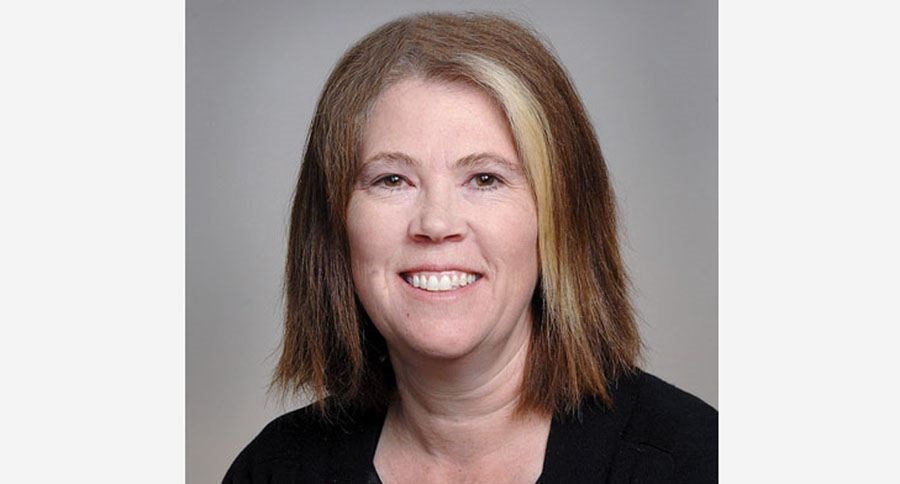Is it just me or have you noticed that the noise of the presidential election campaign has become shrill? All of the political talk shows seem to be running at fever pitch as commentators try to pry answers from the candidates and their supporters.
When Donald Trump started his run for the nomination there were polite chuckles and smiles (and frowns) particularly from the press whom I expect were imagining the fun they may have with this unorthodox candidate. Yet hardly any media organizations or pundits thought that the bid would last very long and even fewer believed that he could actually become the nominee. Over the summer we saw varied reactions to the Trump win including denunciations from senior Republicans who simply could not endorse the Trump candidacy.
From the point of view of the Democrats, the first reaction was probably delight. In almost all cases, the predictions on the electoral map appeared to favour Clinton. Trump's off-the-cuff, undisciplined commentary appeared to provide endless material upon which the Democrats could pounce as means to demonstrate Trump's unsuitability to be the president. One would have thought that loose cannon campaigning, that is to say, unscripted, unedited, uncensored rhetoric would have turned off the electorate and given the Democrats a resounding lead in the polls.
But, today, as I write this column, a headline in the New York Times reads: "Clinton-Trump Race Tightens, Here's How the Forecast Models Differ." The first sentence of the article says: "Over the past three weeks, Hilary Clinton's chances to win the presidency have fallen." Josh Katz, the author of the article, looks at the trends in the polls and makes predictions about what the poll information can tell us. He uses a series of sports analogies to give the reader a way to think about what the polls are saying. He writes: "Three weeks ago, a Clinton loss was about as likely as a missed 35-yard field-goal attempt in the NFL. Today, circumstances have moved that kick 10 yards father from the goal line." Katz's analysis is good because he looks at the state-by-state shift in the polls and he shows that certain states, like Ohio for example, have moved in favour of Trump.
If you want to be a keen observer of the polls and follow the changes in the predictions, you should look at the state-by-state changes rather than the national poll numbers. Just like in Canada, the popular vote does not determine the outcome of the election. The American electoral system is organized through the electoral college that awards electoral votes by state based on the size of the population of each state.
The key to winning the election is not the overall number of votes (Clinton currently leads in most national polls) but the number of electoral votes awarded by winning in each of the states. (I will be doing a detailed column on the electoral college soon). So Katz used the state-by-state poll numbers as the basis for his argument that Clinton is moving further away from the goal posts.
As the race is tightening, the sound of the campaign coverage is becoming shriller. The media and the general public appear incredulous in regard to the nature and tone of the campaign. There is a clear polarization among the voters and what is curious is that the polarization seems to be less bout policy ideas and more about the character of the nominees. There has been very little discussion about the substance of policy. This focus may change as we head into the first debate on Sept. 26 but I doubt it.
It is hard to imagine how the debate might unfold. Both candidates have an uphill battle: Trump has to move beyond his base by being explicit about his plans and policies for the country and Clinton needs to move beyond her base by finding a way to be likeable. Yet, what we will probably see is the exact opposite. Trump will not be able to provide clear policy statements - we are likely to hear the phrase "it will be great" as a stand in for anything substantive - and Clinton won't get a chance to be likeable because she will defending herself against attacks on her character. I expect that the noise of campaign will only become shriller over the next 51 days.



